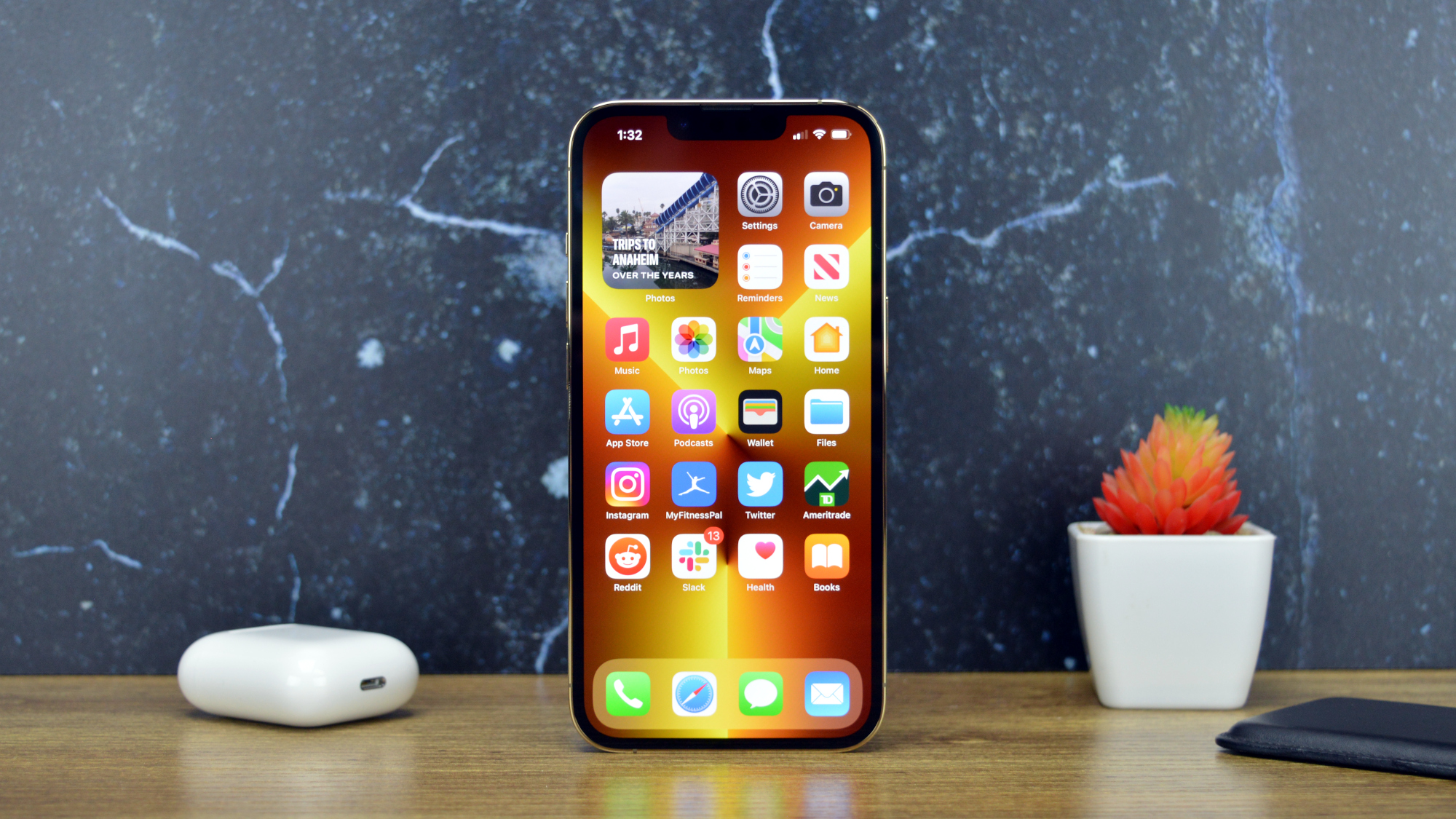We’ve been talking about iPhone sideloading for quite a while now. That’s because one large jurisdiction will force Apple to allow iPhone users to install apps from any source they choose. The change will bring third-party app stores, third-party payment systems, and direct app downloads to the iPhone.
That jurisdiction is the European Union (EU). It designated the App Store as one of the gatekeeper services in the region under the Digital Markets Act (DMA). The EU also forced Apple to drop Lightning in favor of USB-C on the iPhone 15 and future models.
Under the current DMA designations, Apple must support iPhone sideloading in the EU by early March. Apple has appealed the EU’s decision, prompting some to speculate that sideloading might be delayed. But the EU antitrust commissioner Margrethe Vestager visited the US this week, where she took meetings with various leaders from big tech companies. Apple’s CEO Tim Cook was one of them.
Vestager’s message to Apple and the world is that sideloading will happen on the iPhone this year. The antitrust chief said in an interview that companies will have to get ready to comply with the DMA regulations once the deadline arrives, despite their legal cases protesting DMA designations.
The commissioner summarized her meeting with Cook on Twitter/X, where iPhone sideloading took front-and-center placement. “Apple’s obligation to allow the distribution of apps outside of the App Store” is one of the two main points from Vestager’s meeting with Apple’s CEO. That amounts to iPhone sideloading support in iOS.
The second point was about ongoing competition cases, like Apple Music.
A report last week said that Apple is disputing the EU’s designation of the App Store as a gatekeeper service. Apple argued in November that the EU incorrectly claimed that the App Store is a single entity instead of five different digital storefronts. Apple said the company has App Stores for the iPhone, iPad, Mac, Apple TV, and Apple Watch.
While that’s certainly true, I would expect the iPhone’s App Store to continue to be a gatekeeper service in the region, even if Apple were to win that argument. I’m certain there must be more than 45 million iPhone users in the EU. That’s one condition for a service or company to become a gatekeeper.
Apple might simply be looking to buy time before it has to implement changes in iOS 17 that would enable sideloading on European iPhones. But Vestager made it clear that companies designated as gatekeepers or operating gatekeeper services must comply with the DMA regulations by March 7th regardless of their legal challenges. She said as much in an interview with Bloomberg.
Vestager mentioned iPhone sideloading and having a second or third App Store alternative on your device as examples of actions companies must take by early March.

This seems to imply that the EU will not accept delays related to the legal actions that Apple and others might have filed in response to the DMA designations. If so, iPhone sideloading will be available in iOS 17 in March. But the feature will be turned on only in the EU.
There’s no point getting excited about sideloading if you’re an iPhone owner outside of Europe. However, Japan and the US are considering similar laws that make iPhone sideloading mandatory.
I did say recently that, while I won’t sideload apps on my iPhone, Apple should make sideloading available globally and be done with a PR battle it can’t win. As for users who might be harmed after being tricked into installing apps from shady third-party app stores, they should check with their politicians. Starting with the EU competition chief who oversaw the DMA implementation.
Margrethe Vestager told Bloomberg that the EU has seen that sideloading is possible for other platforms without impacting user security. The full interview is available at this link.








